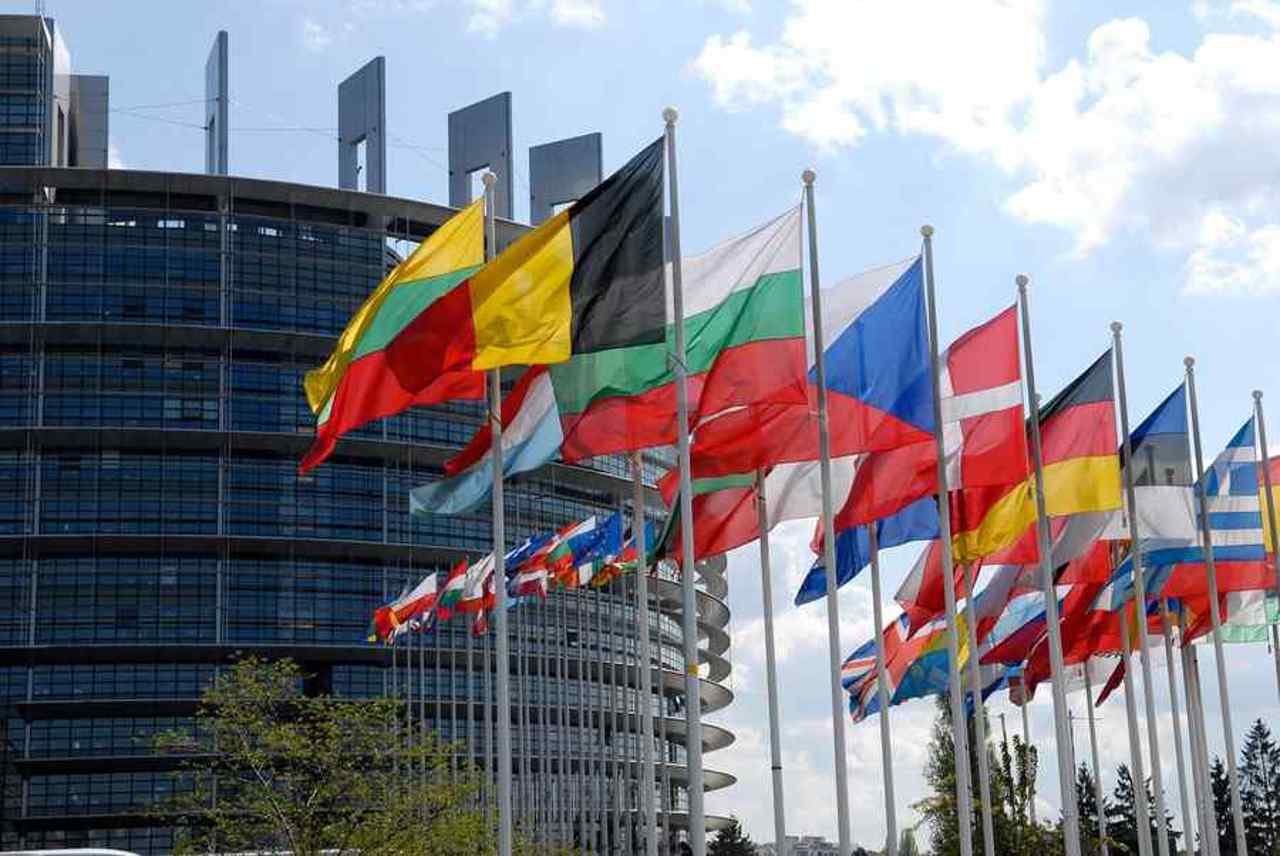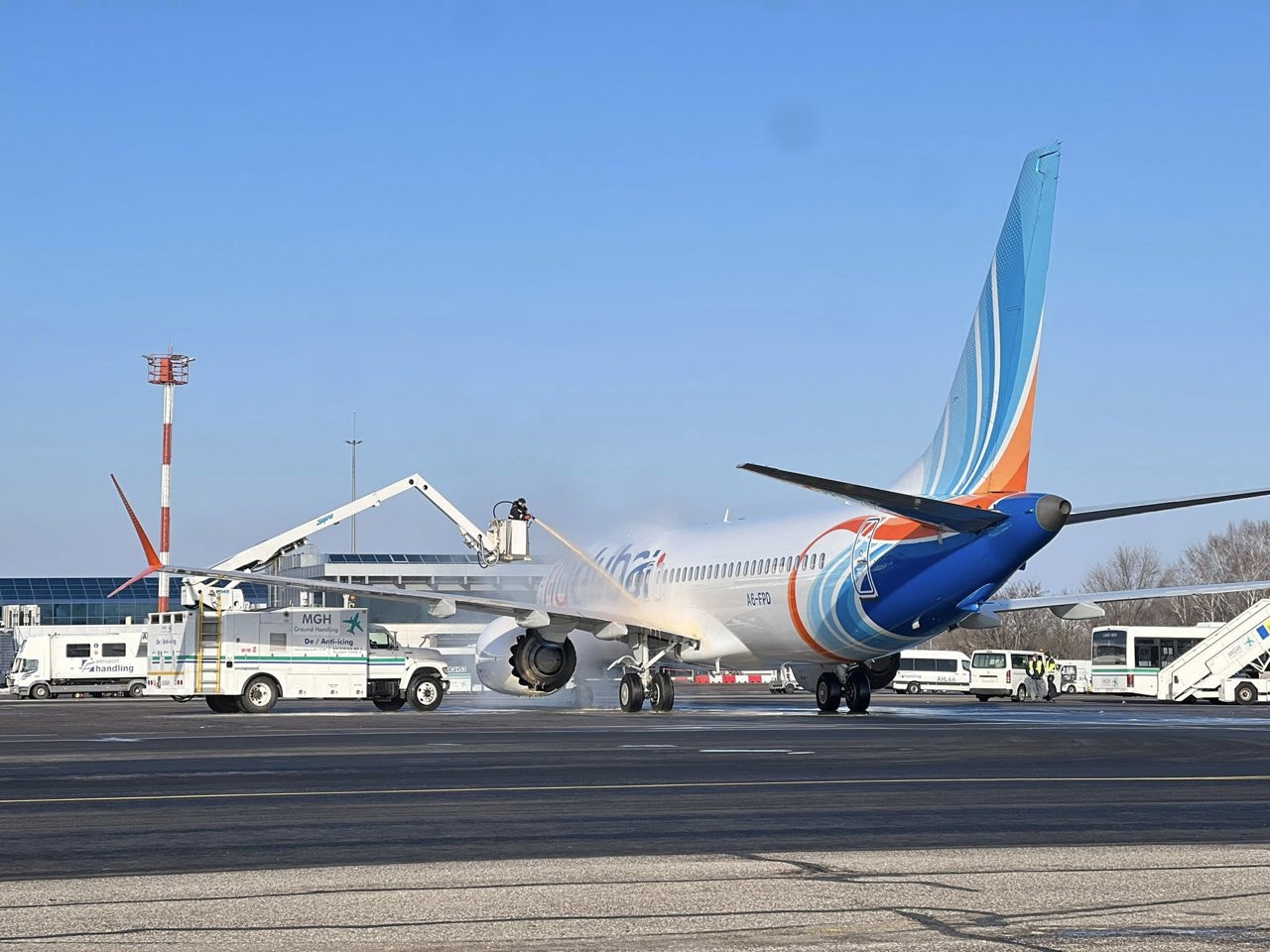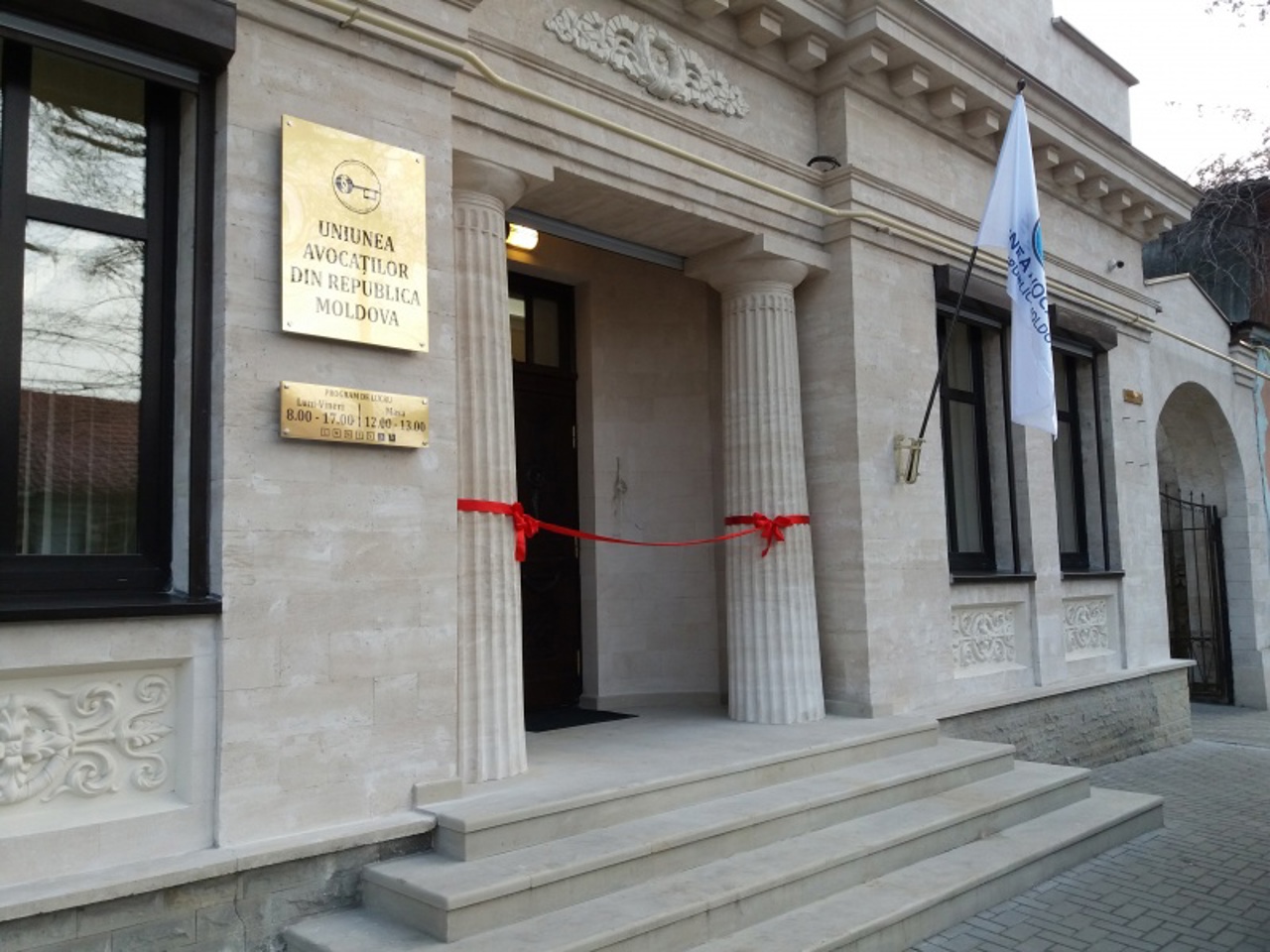EU Summit: Key Leadership Roles and Zelensky's Security Pact
Reunited in Brussels on the first day of the "summer" summit (June 27-28), which marked the end of the Belgian presidency of the EU, the 27 leaders reached an agreement during the night on the main appointments to the major leadership positions of the European institutions for the next five years.

Throughout the evening of lengthy closed-door negotiations, there was a constant fear that Giorgia Meloni, the right-wing head of the Italian government, could disrupt the harmony among the leaders. Until the last moment, it was believed that she might oppose the appointments of the political figures proposed by the other leaders for the major EU positions, especially the president of the Commission, Ursula von der Leyen, the president of the Council, the Portuguese António Costa, and, as eagerly awaited in Eastern Europe, the appointment of Kaja Kallas, the head of the Estonian government, as the head of diplomacy—a role akin to a European foreign minister.
Kaja Kallas is a staunch anti-Putinist and speaks Russian, French, and English. However, Giorgia Meloni believed that the major issue, resolved "undemocratically," was as follows: Meloni, the head of the Italian government and the post-fascist party Fratelli d'Italia, now has significant influence in the European Parliament, the only EU institution whose members are elected by universal vote. Meloni's MEPs, together with Kaczynski's Poles and the Flemish separatists from N-VA (or the six Romanians from AUR), form the third most important group in the Parliament, surpassing the diminished liberals of Renew, which includes both Estonian Kaja Kallas and the future NATO chief, Dutchman Mark Rutte (even though NATO has no institutional ties with the EU).
In the end, all three received unanimous approval. Prior to that, the leaders addressed the more consensual subjects, where a common agreement was assured: the structures and future financing of a common European defence system and the common position on the Israeli-Palestinian conflict in the Near East.
During the day, the leaders also met with the Ukrainian president, Volodymyr Zelensky, who arrived in Brussels to finalise a security agreement with the European Union.
Zelensky's Security Agreement with the EU
Zelensky arrived in Brussels to sign a security agreement with the European Union. This agreement will establish, for the first time, the commitment of all 27 member states to provide Ukraine with broad support, regardless of any internal institutional changes within the EU. The agreement will involve the provision of modern equipment for Ukraine, the training of Ukrainian personnel, demining, and support for nuclear and cyber security. It also addresses civil aspects, primarily Ukraine's prospect of joining the EU.
EU Strategic Agenda 2024-2029
A strategic agenda for the EU covering the next Commission's mandate, 2024-2029, was also discussed. The draft conclusions primarily focus on the geopolitical challenges facing the EU in terms of security and defence.
Finally, this European Council is unique because it is the last one in which Emmanuel Macron participates as the supreme head of French politics. This is because, after the anticipated elections he has called for next month, Macron will lead France in the coming years alongside a prime minister from the opposition.
AUTHOR: Dan Alexe
Translation by Iurie Tataru




